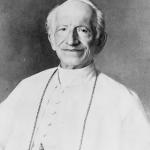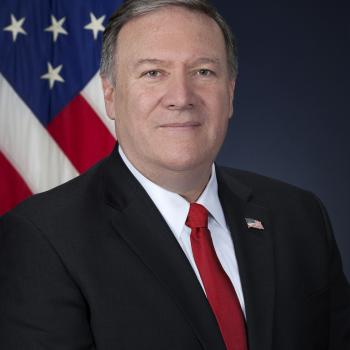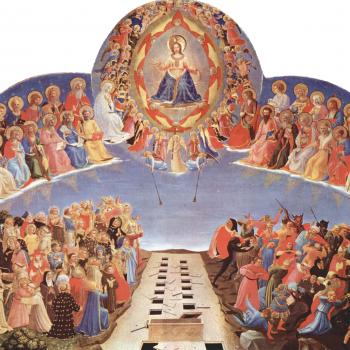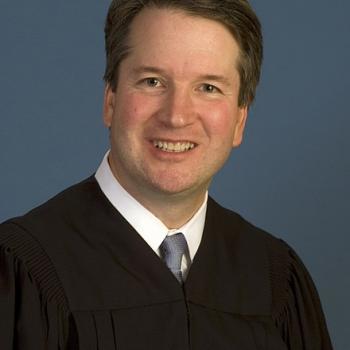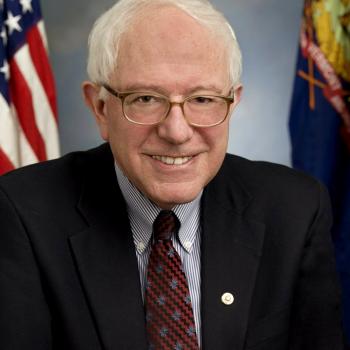The United States opened its embassy in Jerusalem this week thereby throwing its weight behind the long-held Israeli position “that Jerusalem is the ancient capital of the Jewish people, and home to sacred sites such as the Western Wall and the Jewish temples of antiquity.” [1] The Palestinians, on the other hand, “are outraged at the U.S. stance on a city that is home to more than 300,000 Arabs, and is the third holiest city in Islam.” Because of the action, “Palestinian President Mahmoud Abbas has refused to meet American officials, and said the United States can no longer be regarded as an honest broker.”
On the very same day, Israeli forces killed 60 Palestinians at the border fence with Gaza who were protesting the move. [2] The tragedy drew widespread international condemnation. As reported by The Guardian,
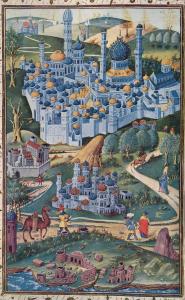 “Senior UN officials condemned the recent killings as an ‘outrageous human rights violation’ and said it appeared that anyone approaching the Gaza border fence was liable to be killed by Israeli soldiers. Ireland summoned Israel’s ambassador to protest against the fatalities. Russia and China also expressed their concern over the killings.”
“Senior UN officials condemned the recent killings as an ‘outrageous human rights violation’ and said it appeared that anyone approaching the Gaza border fence was liable to be killed by Israeli soldiers. Ireland summoned Israel’s ambassador to protest against the fatalities. Russia and China also expressed their concern over the killings.”
And so the move of the United States embassy to Jerusalem has already had a human cost. But, of course, the cost in human lives in that troubled land didn’t begin this week. The country and its people are trapped in a violent dispute between parties that are intractable in their conflicting demands.
Jerusalem is at the heart of the dispute. Both the Israelis and the Palestinians want the city as their capital. The United States has just signaled that it is firm in taking Israel’s part in the matter, as it has in the past, and has thereby forfeited any possible role as a neutral mediator for the foreseeable future. That this has been driven largely by an American religious faction in search of fulfilled prophecy, moves it from the category of the merely improvident to that of the bizarre.
But the future need not be bleak, if only sanity is possible.
The original United Nations Assembly plan for the partition of Palestine called for Jerusalem to be separate from both the Jewish and Arab states, which would be administered by the UN. [3] Two years later, in 1949, Pope Pius XII, in his encyclical Redemptoris nostri cruciatus, proposed “that the time has come when Jerusalem and its vicinity, where the previous memorials of the Life and Death of the Divine Redeemer are preserved, should be accorded and legally guaranteed an ‘international’ status, which in the present circumstances seems to offer the best and most satisfactory protection for these sacred monuments.” (Redemptoris nostri cruciatus, §9) [4]
This has remained the position of the Vatican. In 2012, it “called for ‘an internationally guaranteed special statute’ for Jerusalem, aimed at ‘safeguarding the freedom of religion and of conscience, the identity and sacred character of Jerusalem as a Holy City, (and) respect for, and freedom of, access to its holy places.’” [5] And just last year, “Monsignor Simon Kassas – the Chargé d’Affaires of the Vatican’s mission to the United Nations – said…Jerusalem needs an ‘internationally guaranteed’ special status, in order to ensure the freedom of religion of the city’s inhabitants, ‘as well as the secure, free and unhindered access to the Holy Places by the faithful of all religions and nationalities.’” [6]
Under this arrangement, Jerusalem would not be a part of Israel or the proposed Palestinian state. On the other hand, it could serve as the capital of both countries, as suggested by former UN Secretary-General Ban Ki-moon in 2009. [7] There would not be the need for total UN administration of the city; it would be better if the residents, regardless of ethnicity or religion, would vote for their highest government officials. But there would be an international body to guarantee such things as freedom of religion and access to holy sites.
Should this plan come to realization, the United States would continue to have its Israeli embassy in Jerusalem. But it would have its Palestinian embassy there as well.
The icon of St. Joseph the Worker is by Daniel Nichols.
Please go like Christian Democracy on Facebook here. Join the discussion on Catholic social teaching here.

